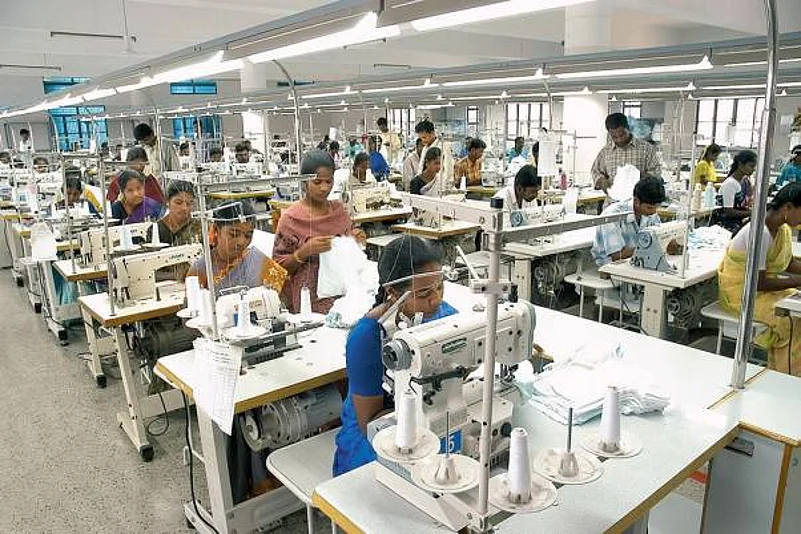Amid global and domestic economic uncertainty, the 2021 Budget has been eagerly awaited as a blueprint - the government’s vision and strategy to enable a V-shaped recovery. MSMEs, being the key driving force behind the government's vision of Atmanirbhar Bharat, plays a vital role in the recovery.
The MSME-friendly budget will allow the drivers of India’s future to take a leadership role in shepherding the country along the expected path to recovery.
With an emphasis on infrastructure, digital, and capacity building, budget 2021 will not only encourage investment and support the Atmanirbhar Abhiyan, but also improve the quality of life for citizens with planned expenditure on education, infrastructure, and healthcare systems.
The Rs 1,500 crores allocated by the finance minister to digital payment systems is a step in the right direction. The einvoicing regime is about to start for more than 5 crore turnover companies from 1st April 2021. This will require MSMEs to invest in the required digital infrastructure, educate themselves about the system and its workings.
The need to integrate the MSME strategy with physical and digital infra plans
The coming months hold immense potential for MSMEs and the Indian economy overall. However, there is a need to better integrate the government’s MSME strategy with the general recovery plan for the economy. Both digital and physical infrastructure play key roles here in facilitating a sustainable environment for MSMEs.
The government’s Atmanirbhar package investment amounts to 13 per cent of the GDP, which comes to Rs 27 lakh crore. As infrastructure development is one of the five Atmanirbhar pillars, this represents a sustained increase in core infrastructure spend over the next couple years, facilitating improved transportation, energy, and digital infrastructure, addressing key costs which hamper economic activity in India.
Synergizing MSME-specific infra projects with overall Atmanirbhar Bharat Mission and National Infrastructure Pipeline investment (NIP) goals would lead to significantly better outcomes. Electricity and transportation work that takes place in tandem under the NIP would act as a force multiplier for the park infrastructure.
Leveraging TReDS to facilitate investment
In the short-term, raising the finances to enable these projects is a challenge we need to address. The MSME sector has both short-term working capital and long-term project financing needs. As NITI AAYOG chief Amitabh Kant recently pointed out, barring outliers like Air India, most disinvestment projects are in the final stages as of now: a determined push could unlock lakhs of crores to fund long-term infra investment. TReDS platforms can be leveraged to address the more immediate working capital needs of MSMEs.
The way forward
We expect government spending to augment private sector investment in the coming months. This year’s MSME outlay is twice that of 2020, but this needs to go towards building projects and capabilities with immediate benefits to MSME owners, providing a means for sustainable growth for the country and its citizens.
The author is MD and CEO, Receivables Exchange Of India (RXIL)
DISCLAIMER: Views expressed are the author's own, and Outlook Money does not necessarily subscribe to them. Outlook Money shall not be responsible for any damage caused to any person/organisation directly or indirectly.


























